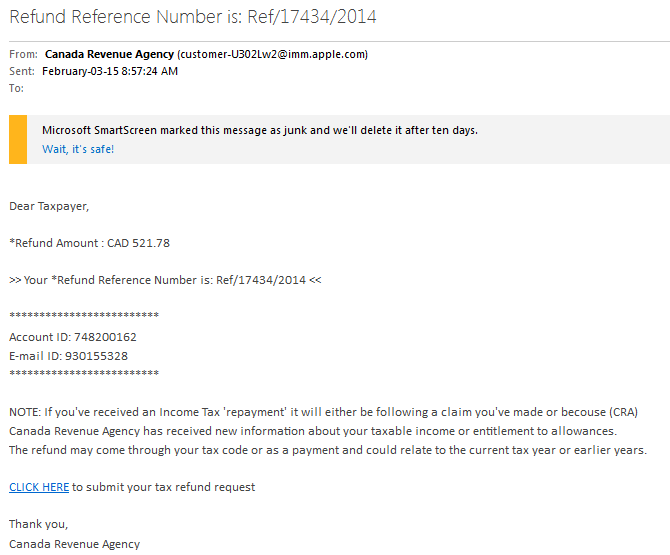

Unreported documents obtained by the CBC's The Fifth Estate and Radio-Canada's Enquête show that even after it was discovered they were using KPMG's offshore tax dodge, Peter Cooper and his sons continued using the scheme, which Canada Revenue Agency auditors had called a "sham" that involved "deception." Instead, in December 2001, Peter and his sons signed up for a massive offshore tax dodge designed and run by the Canadian accounting firm KPMG and paid virtually no income tax for more than a decade, according to documents filed in the Federal Court of Canada and the Tax Court of Canada. They settled in Victoria, purchased luxurious homes and became permanent residents - qualifying for Canadian health care and other social services.īut that also meant they would eventually have to start paying tax on their investment income from $25 million in offshore accounts. With a file from CTVNews.After amassing a fortune selling scrap metal in South Africa, Peter Cooper immigrated to Canada in the mid-1990s with his sons Marshall and Richard and their families. In a post on its “ Tax tips - 2021” page, the CRA acknowledges the challenges that some Canadians may face meeting their filing obligations this year, but points out that it needs 2020 tax information to determine eligibility for the Canada Recovery Benefit (CRB), the Canada Recovery Caregiving Benefit (CRCB) or the Canada Recovery Sickness Benefit (CRSB). The CRA says there's an important reason for Canadians to file on time - to prove they're still eligible for future pandemic-relief benefits. Otherwise, she said, it will just create more work for CRA employees as accountants and tax professionals file incomplete returns and follow up with adjustments. Waive the penalties, give us until May 31,” she said.

Stewart said that the CRA should create a dedicated line for tax professionals who have more complicated and in-depth questions than the average citizen, but that delaying the deadline should be a priority. There needs to be flexibility when it comes to CRA and deadlines,” said Julian. “They simply haven’t put the resources into CRA, people are not able to get through at all,” said Julian.Ĭanadians are struggling through the third wave of the pandemic as record COVID-19 infection numbers grip many provinces across the country. “We have a more complex income tax form and we are simply not having the resources available so that people can get their questions answered,” NDP finance critic Peter Julian told CTV News in a video interview.Īgencies and non-profit organizations are also struggling to get through to someone at the CRA. Not to mention that this year’s income tax form is more complicated than previous forms, with additional boxes for specific periods throughout the pandemic. “Clients are absolutely panicking,” she said. “It’s absolutely unbelievable,” said Stewart.Īnd her clients are worried they won’t be able to receive pandemic-related benefits if they don’t get their taxes filed on time. “They’re not able to get the documents to us in a technical manner.So then we’re asking them to go against stay-at-home orders,” she said.Īnd wait times to speak with someone at the CRA can be up to four hours. Some clients don’t have access to a reliable internet connection or a computer, making things even more difficult and requiring them to deliver documents to accountants in person. “We can get access much easier than they can get,” she said.

Some weren’t notified that they had been locked out and only found out when they tried to log in to file their taxes, leading to more calls to accountants and tax professionals, said Stewart. This tax season has an added challenge for nearly one million Canadians who were locked out of their CRA accounts due to concerns about cybersecurity breaches. “Some of them are struggling not just financially but emotionally," she added.įor those who earned $75,000 or less and accessed COVID-19 benefits, the CRA won’t charge interest on tax amounts owing until 2022.īut, if they miss the April 30 deadline, taxpayers will be hit with a 5 per cent penalty on the balance owing and an additional 1 per cent each month after. She said that some Canadians didn’t know they would have to pay taxes on the Canada Emergency Response Benefit (CERB) and that some people can’t afford to pay them, let alone a penalty on filing late.


 0 kommentar(er)
0 kommentar(er)
